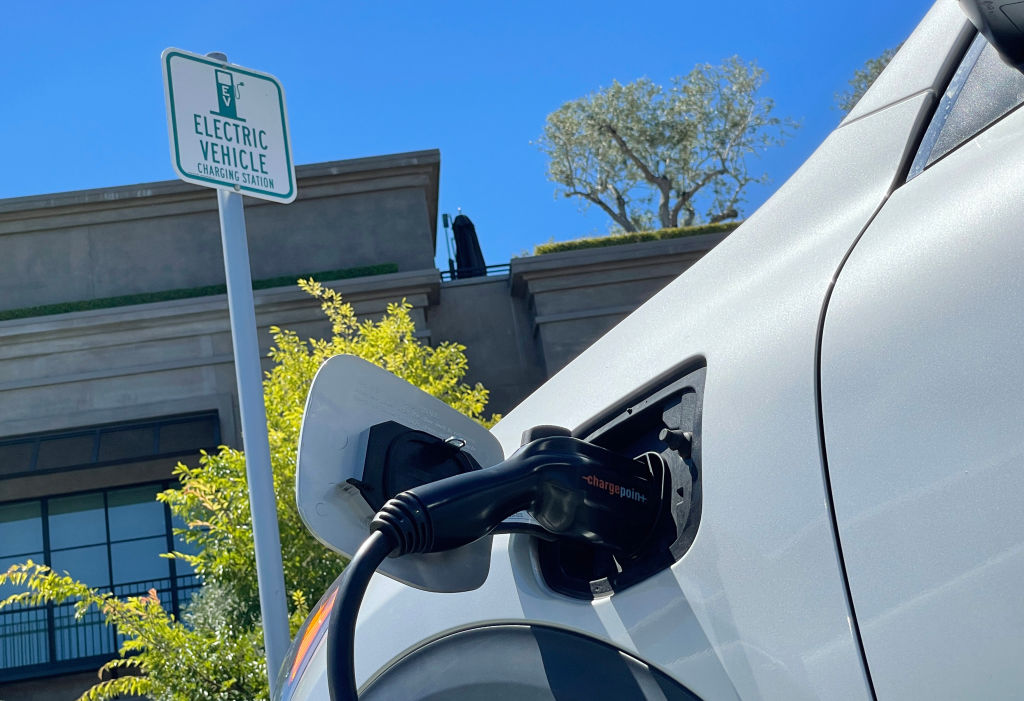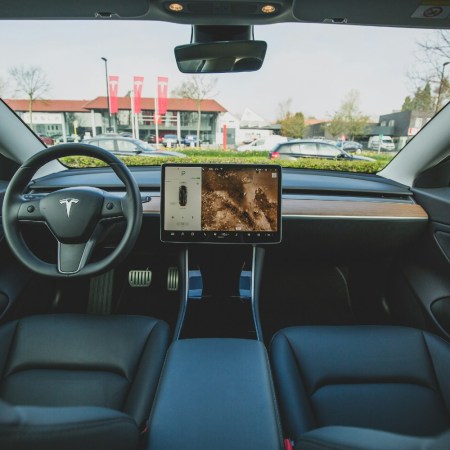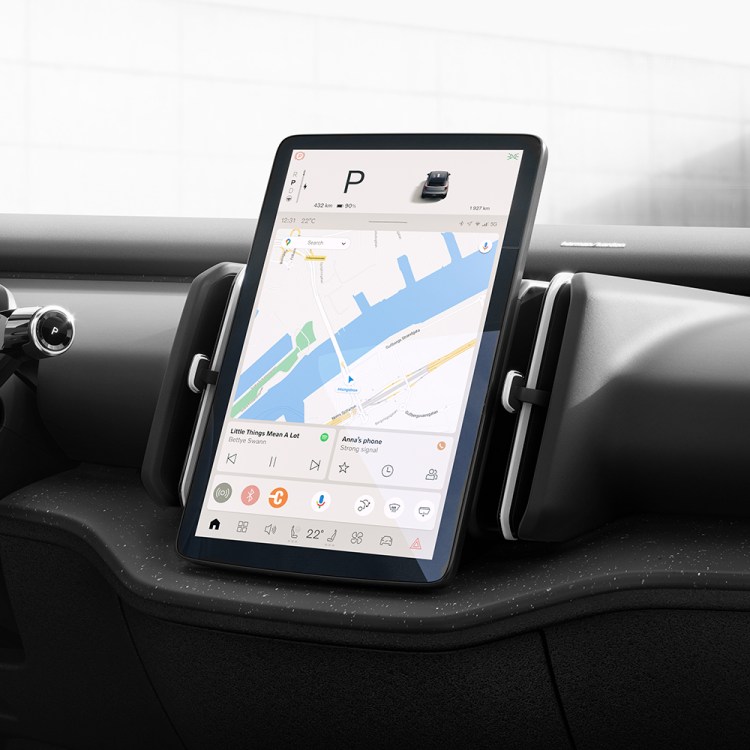In 2035, buying a new car in the European Union will be a little different than it is now. For starters, your options will be fully electric — a new initiative is set to stop the sale of all new cars with combustion engines by that point. As The Guardian pointed out in a new article about the changes coming to the auto industry in Europe, this will be echoed by a similar change to car sales in the United Kingdom.
That same article, by Rupert Neate, ventures into one of the lingering questions from the EU’s plan: what will this mean for automakers involved in producing supercars?
It might be worth stating from the outset that some automakers have pushed back against the EU rule. Italy initially sought an exemption for Ferrari and Lamborghini, which in turn led to Porsche’s CEO to defend the comprehensive nature of the combustion engine ban. Eventually, Italy acquiesced.
As Neate points out, the lack of electrification as of yet in the supercar space is alarming. “[N]one of the 22,000 cars classed as supercars or luxury GTs (grand tourers) sold last year were fully electric,” he writes — which begs the question of when change will be coming.
That’s not to say that the automakers in question aren’t getting there — The Guardian cites forthcoming cars from Ferrari and Tesla — but the window is narrowing. It’s an issue that bears revisiting as 2035 draws closer.
Thanks for reading InsideHook. Sign up for our daily newsletter and be in the know.


















